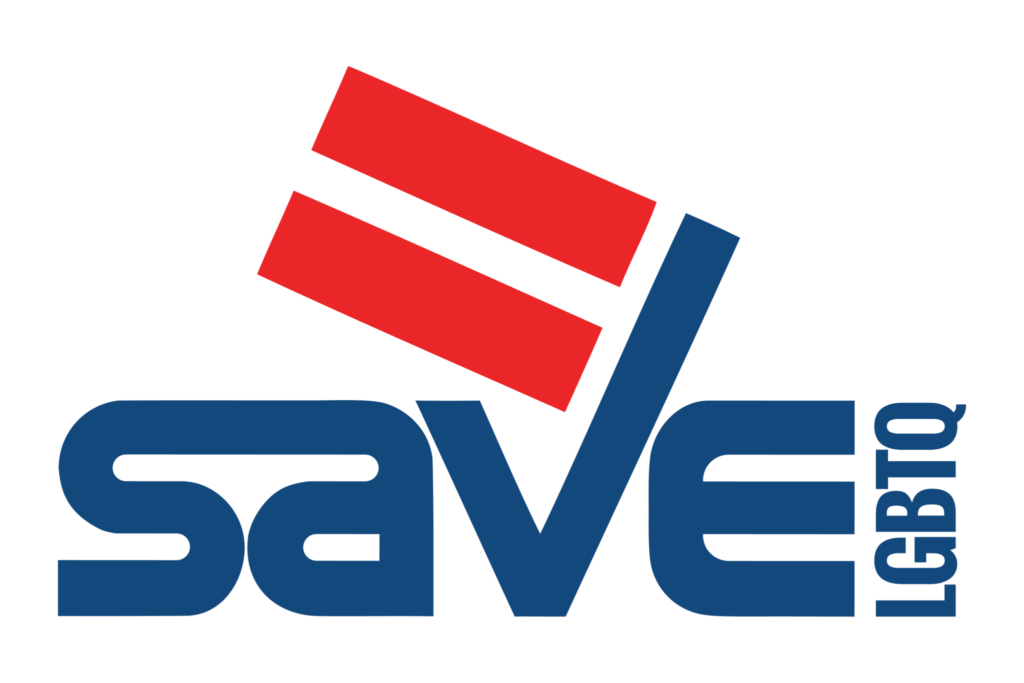By Orlando Gonzales, Executive Director of Safeguarding American Values for Everyone (SAVE)

The passing of the Equality Act yesterday was bittersweet for us. While we celebrate that the bill passed and it will now advance to the Senate, we are disappointed that a handful of our South Florida members of Congress collectively voted against the bill to protect LGBTQ people from discrimination.
We thank Congresswoman Debbie Wasserman-Schultz, Congresswoman Frederica Wilson, Congressman Ted Deutch, and Congressman Alcee Hastings for voting in favor of the Equality Act and for continuing to be champions for the community.
In a stinging surprise, Congressman Mario Diaz Balart flipped his vote by voting against the Equality Act when in 2019 he voted in favor. It is important to note that the language in the bill was the same this year as it was then. Moreover, former Miami Dade County Mayor, Congressman Carlos Gimenez who previously championed LGBTQ protections at the local level also voted against the bill along with Congresswoman Maria Elvira Salazar. Diaz Balart and Gimenez have effectively ransacked their pro-LGBT record.
Unfortunately, the dissemination of misinformation is the currency of today’s political environment. In our meetings with elected officials and in listening to the debate on the house floor, it was clear that opponents to the bill were concocting a false narrative about the Equality Act’s impact on the Freedom of Religion and woefully overstating its effect on existing constitutional protections.
It is critically important that we educate and share with everyone how the Equality Act embraces freedom of religion.
Firstly, the freedom of religion is important to all of us. It is one of our nation’s most sacred and fundamental values. That is why it is already fully protected by the First Amendment of the Constitution, and the Equality Act does nothing to lessen those protections. LGBTQ leaders, activists, and citizens have no desire to undermine existing protections for people of faith under the Constitution or existing laws.
Moreover, The Equality Act does not require clergy to perform same-sex marriage ceremonies. No church or clergyperson can ever be compelled to perform a marriage ceremony, and that includes marrying same-sex couples. Churches and clergy should be free to practice and preach as they see fit, and the Equality Act does not change that.
The language of the Equality Act maintains existing religious exemptions currently afforded under the Civil Rights Act of 1964, providing reasonable exemptions for religiously affiliated organizations and educational institutions that are not open to the public. These exemptions strike precisely the same balance between religious freedom and equal treatment of all people that currently exists under our federal nondiscrimination laws.
We find that many concerns related to religious exemptions are resolved by the existence of the co-religionist exemption and ministerial exception, and the Equality Act leaves both intact. The ministerial exception allows religious organizations total autonomy regarding whom they hire to teach and spread their religion. This exception applies to employees of religious organizations who perform job functions such as teaching scripture, leading prayers, or religious songs, or otherwise sharing religious doctrine. Houses of worship and religiously affiliated organizations are permitted to make hiring and firing decisions for these positions that align with their church doctrine and are not required to comply with local, state, or federal nondiscrimination laws for those jobs.
For example, a Catholic Church cannot be held liable for refusing to hire female priests. Additionally, a religious school may be able to fire or refuse to hire an LGBTQ teacher if their job description includes teaching the faith. The Supreme Court recently ruled in the Our Lady of Guadalupe case that two religious schools were exempt from discrimination claims (one for age and the other for disability discrimination) because of the ministerial exception, so that exception has been applied quite broadly. The co-religionist exemption further allows religious organizations to prefer or only hire or rent to those who are members of their religion.
Regarding the Religious Freedom Restoration Act (RFRA), there is a misconception about the impact of the Equality Act on the federal Religious Freedom Restoration Act. This stems from extreme messaging to promote misinformation. The Equality Act does not repeal or undermine federal RFRA. Instead, it clarifies how RFRA originally was intended by Congress to be applied. The Equality Act restores original Congressional intent to ensure that RFRA can continue to be used as a shield to protect people of all faiths against government overreach, and not as a sword to discriminate against people of minority faiths and others. In fact, courts have generally ruled that RFRA cannot excuse discrimination against LGBTQ people and others and the Equality Act simply confirms this. Furthermore, the Equality Act expands the rights of people of faith by expanding the places of public accommodation where religious discrimination is prohibited.
Fundamentally, protecting people from discrimination is about the Golden Rule – treating others as we want to be treated. That is why many people of faith support these protections; not despite their religious beliefs, but because of them. LGBTQ people are our friends, neighbors, family members, and coworkers. They work hard, support their families, and pay taxes. The Equality Act would ensure that LGBTQ people have the same rights and protections as everyone else – no more, no less.

Orlando Gonzales, MPA, is the Executive Director of Safeguarding American Values for Everyone (SAVE/SAVE Dade) that works to promote, protect and defend equality for people in South Florida who are lesbian, gay, bisexual, and transgender.

